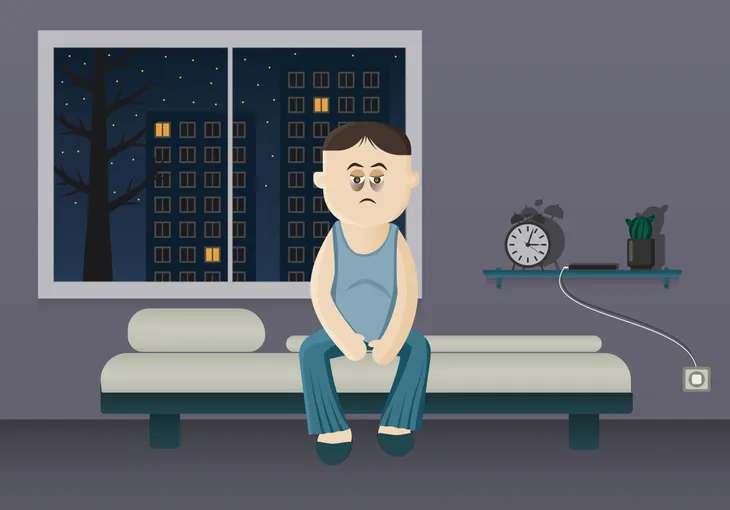If you have been diagnosed with epilepsy, you’ve likely suffered several unprovoked seizures before turning to your doctor for answers. However, a sudden and unexplained seizure can occur because of several other underlying health issues, not including epilepsy.
Six health issues that can prompt a non-epileptic seizure (NES), often without warning and without the presence of any existing neurological issues, are…
1. Lack of Sleep
According to research from the Epilepsy Foundation, sleep deprivation is a common trigger for NES. In fact, a broad spectrum of physiological sleep disorders can lead to an unexplained seizure.
Although the research is ongoing, seizures are common in sleep-deprived individuals, and often occur during sleep. For example, many students report their first seizure after pulling several “all-night” exam sessions in a row at their college or university.
2. Heat Stroke
WebMD lists seizures amongst their top symptoms for heat stroke. Due to prolonged exposure to high temperatures, heat stroke can cause dehydration and serious organ and brain damage, as the body is unable to cool itself naturally.
Heat stroke occurs when the body temperature soars beyond 105-degrees Fahrenheit, impacting the central nervous system and causing the brain to malfunction and triggering symptoms such as confusion, disorientation, seizures, and even loss of consciousness.
3. Hypoglycemia
According to the Mayo Clinic, patients with untreated diabetic hypoglycemia (or low blood sugar) risk having seizures as well as fainting (or syncope) when the blood contains excess of the hormone that regulates glucose in the blood and insufficient glucose (blood sugar). A hypoglycemic seizure can occur with excess physical exertion, skipping a meal, or taking too much insulin.
If you’re hypoglycemic and experience dizziness, nausea, and feel faint, you could have a seizure. Immediate treatment with oral glucose tablets can help restore blood sugar and prevent seizures and loss of consciousness.
4. Antidepressants and Other Medications
The U.S. Centers for Disease Control and Prevention (CDC) reports a link between certain antidepressant medications (i.e., bupropion [Zyban and Wellbutrin]) and unprovoked seizures in patients being treated for mood disorders.
Even certain prescription pain relievers (i.e., tramadol [Ultram]) and penicillins (i.e., methicillin and oxacillin) used to treat skin infections, urinary tract infections (UTIs), ear infections, and respiratory tract infections carry warnings that taking these drugs may increase the risk of seizures.
5. Stress and Trauma
You already know that stress can wreak havoc on your physical and mental health. However, the International League Against Epilepsy (ILAE) Neuropsychobiology Commission notes that stress can alter the electrical activity in the brain and trigger an epileptic-like seizure.
In fact, the findings claim that chronic stress due to a severe trauma can cause confusion, numbness, and convulsions and leads to a misdiagnosis of epilepsy in roughly 20-percent of patients.
6. Alcohol Withdrawal
For alcoholics going through withdrawal, the symptoms can be painfully excruciating, especially when not monitored by a doctor. Long-term substance abuse can literally rewire the brain, leading to uncontrollable alcohol dependence.
Quitting alcohol cold turkey can be extremely dangerous. In fact, research from Promises Treatment Centers finds that sudden alcohol withdrawal following long-term dependence can lead to anxiety, convulsions, seizure, and even death within 48-hours.









